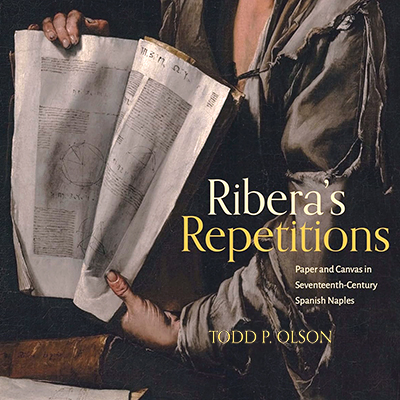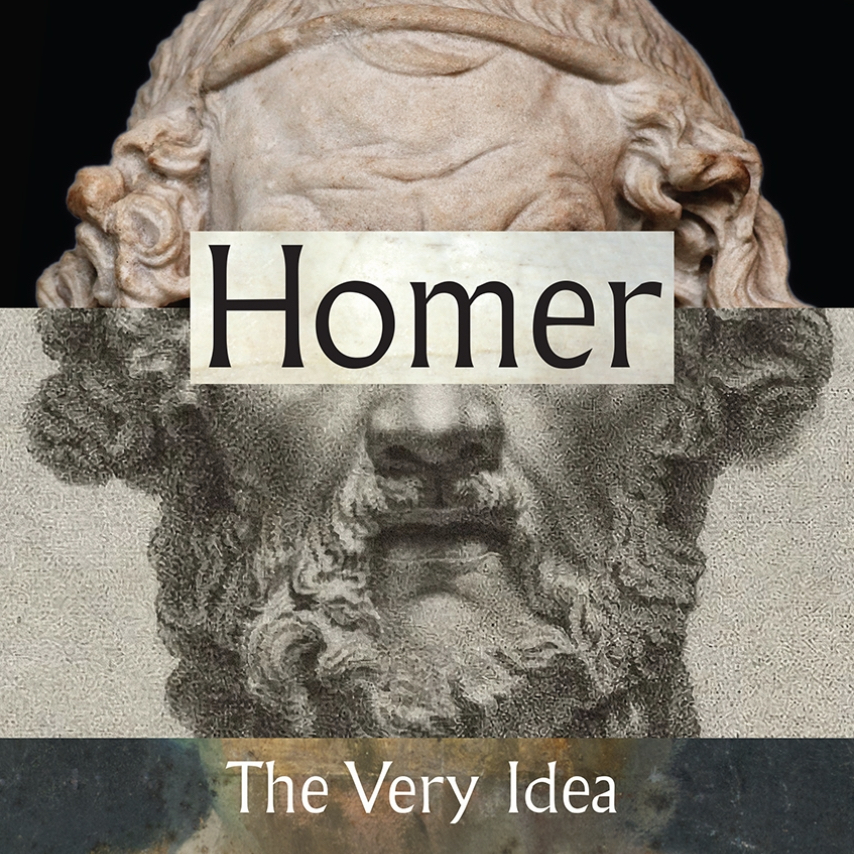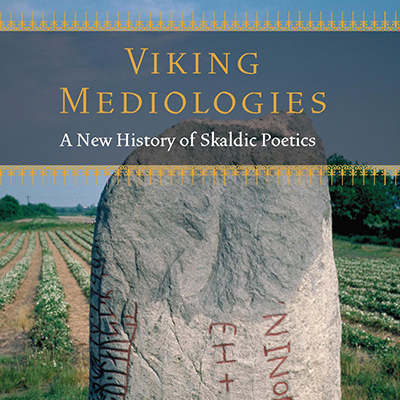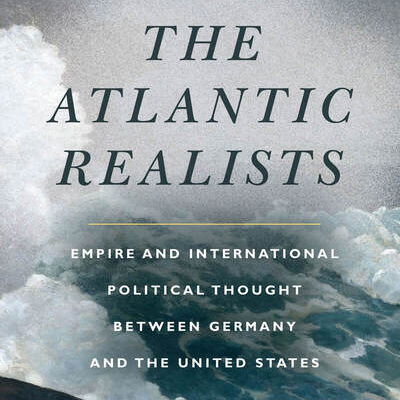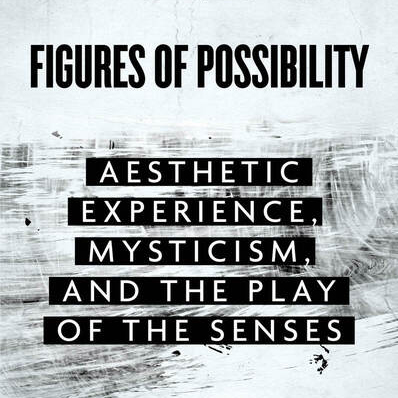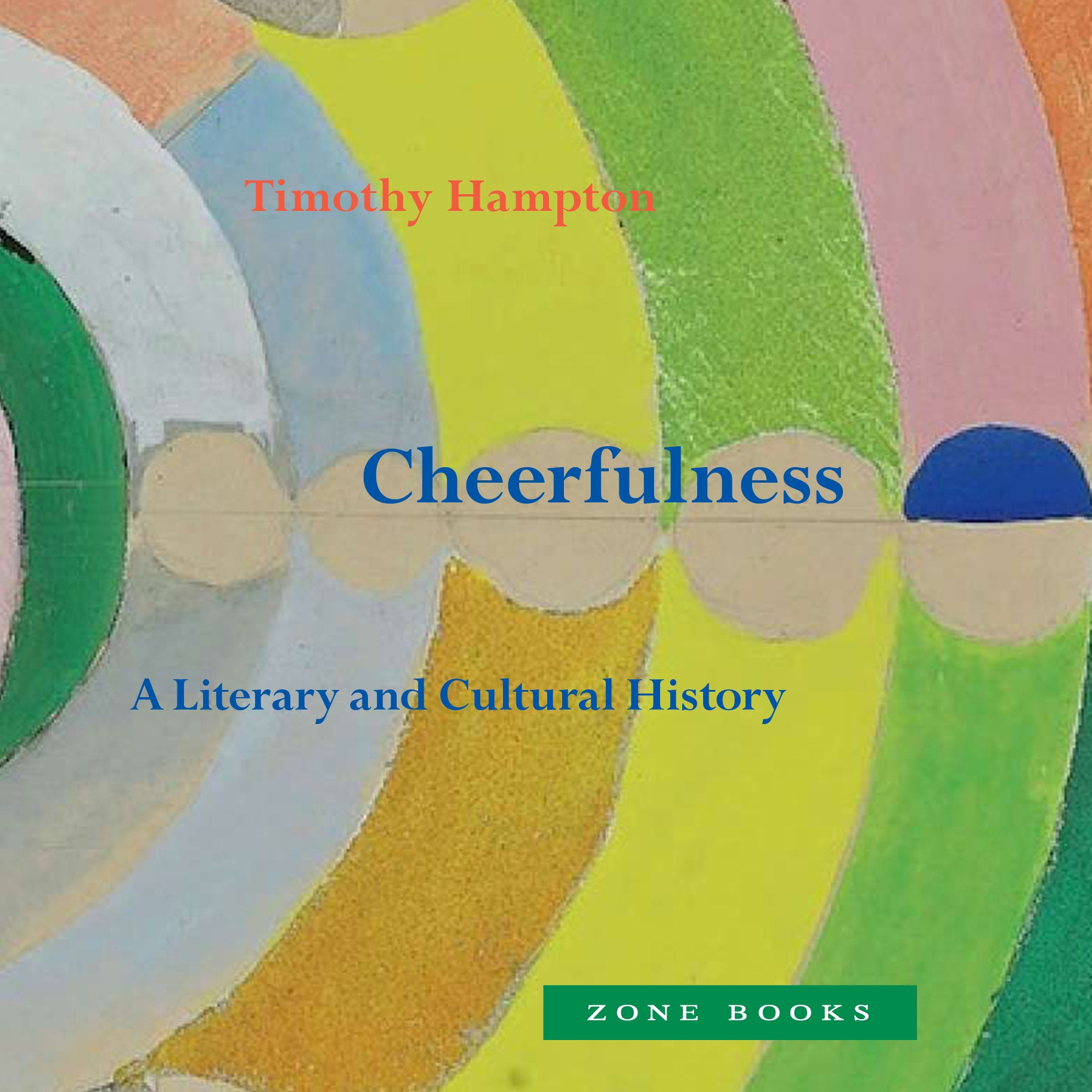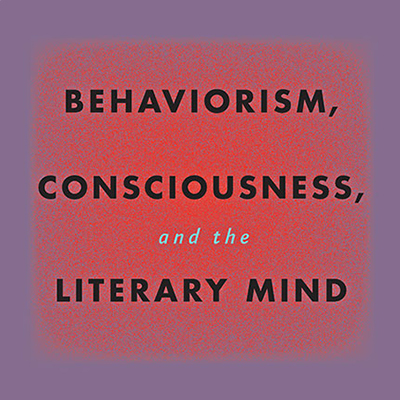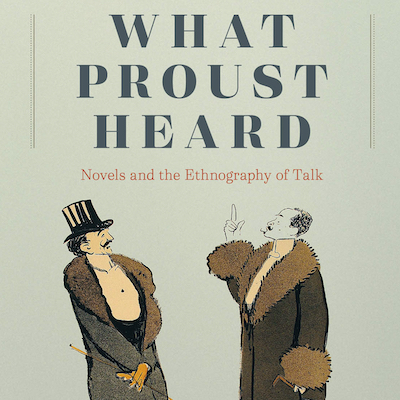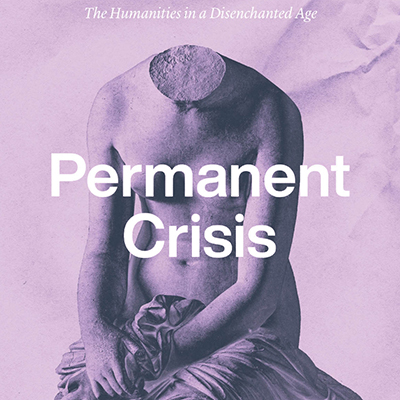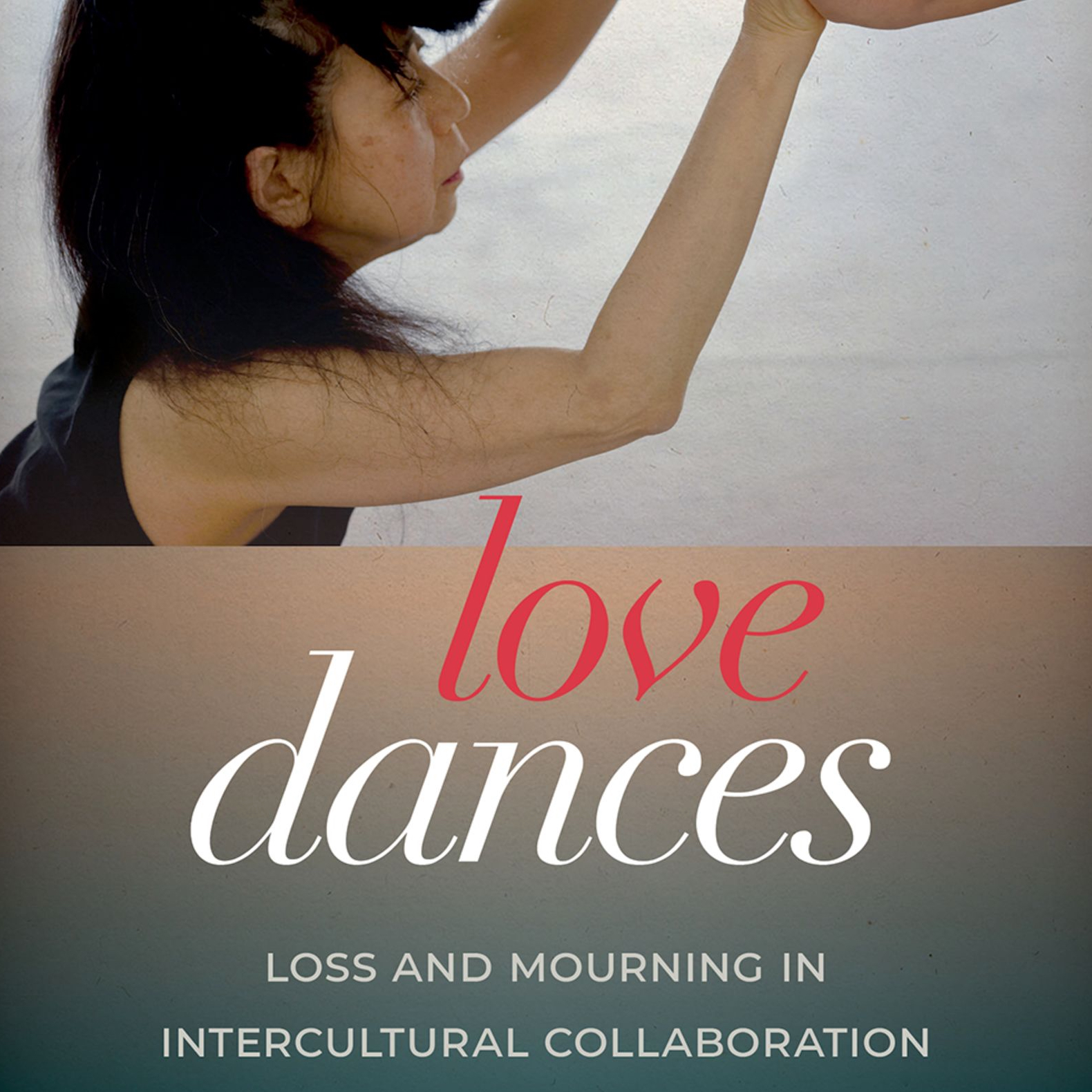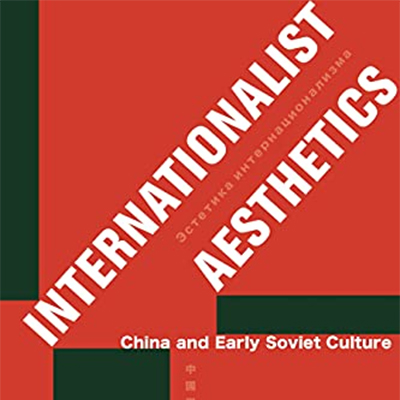The Townsend Center presents a lunchtime series celebrating the intellectual and artistic endeavors of the UC Berkeley faculty. Each Berkeley Book Chat features a faculty member engaged in conversation about a recently completed publication, performance, or recording. The series highlights the extraordinary breadth and depth of Berkeley’s academic community.
Ribera’s Repetitions: Paper and Canvas in Seventeenth-Century Spanish Naples
Todd Olson sheds new light on the complexity of Jusepe de Ribera’s artwork and artistic methods and their connections to the Spanish imperial project.
Past Events
The identity of Homer is shrouded in mystery, including doubts that he was an actual person. James Porter explores Homer’s mystique, approaching the poet not as a man, but as a cultural invention.
Kate Heslop approaches Viking Age poetry through an innovative interpretive framework that considers the texts as pieces in a premodern multimedia landscape.
The Atlantic Realists: Empire and International Political Thought between Germany and the United States
Matthew Specter offers a revisionist interpretation of the "realist" worldview, which shaped US foreign policy, public discourse, and international relations theory after World War II and throughout the Cold War.
Figures of Possibility: Aesthetic Experience, Mysticism, and the Play of the Senses
Niklaus Largier explores the ways in which devotional practices have informed experimental engagements in literature and art from the 17th to the 20th centuries.
Exploring cheerfulness as a theme and structuring element in the work of major artists, Timothy Hampton (Comparative Literature and French) casts new light on literary history, the intersections of culture and psychology, and the history of emotions.
What might behaviorism, that debunked school of psychology, tell us about literature? Joshua Gang argues for its enormous critical value for thinking about why language is so good at creating illusions of mental life.
What happens when we talk? Michael Lucey offers a linguistic anthropological analysis of Proust’s In Search of Lost Time.
Permanent Crisis: The Humanities in a Disenchanted Age
The humanities, underfunded and popularly devalued, seem to be in a perpetual state of crisis. Paul Reitter and Chad Wellmon show how the modern humanistic disciplines made crisis a core part of their project.
SanSan Kwan explores how dance — based in body-to-body interaction on the stage — serves as a revelatory site, and ultimately carries the potential to model everyday encounters across difference in the world.
Edward Tyerman explores the role of China in the 1920s as the key site for Soviet debates over how the political project of socialist internationalism should be expressed through literature, film, and theater.
